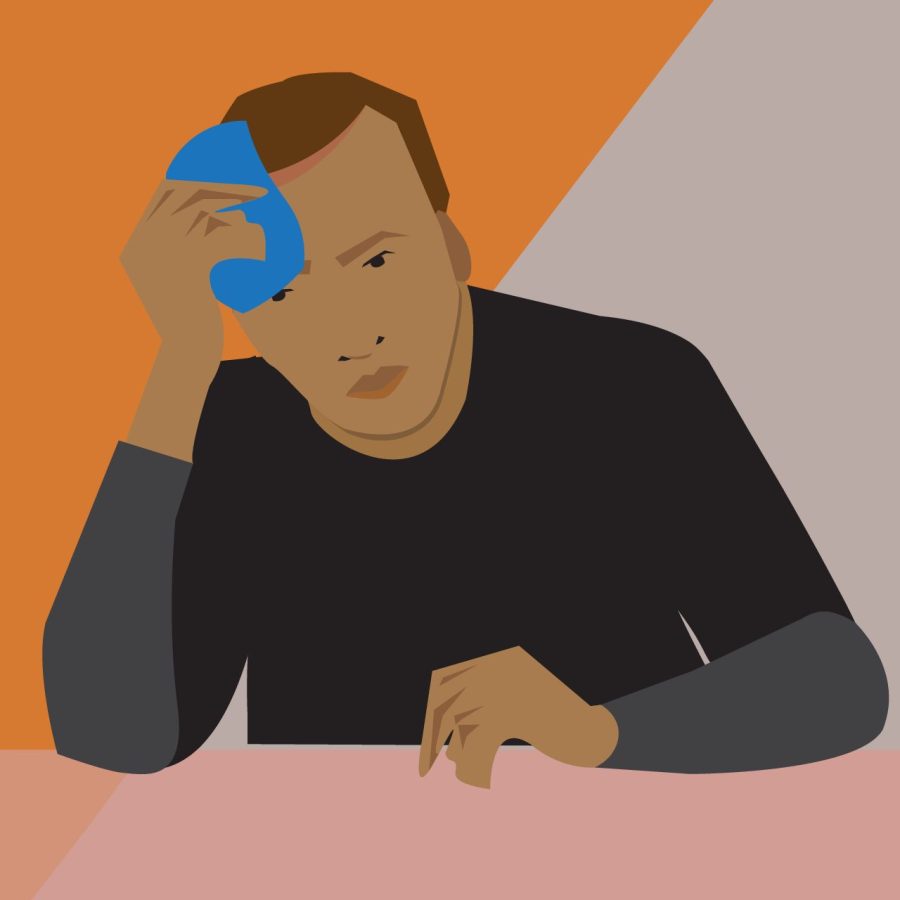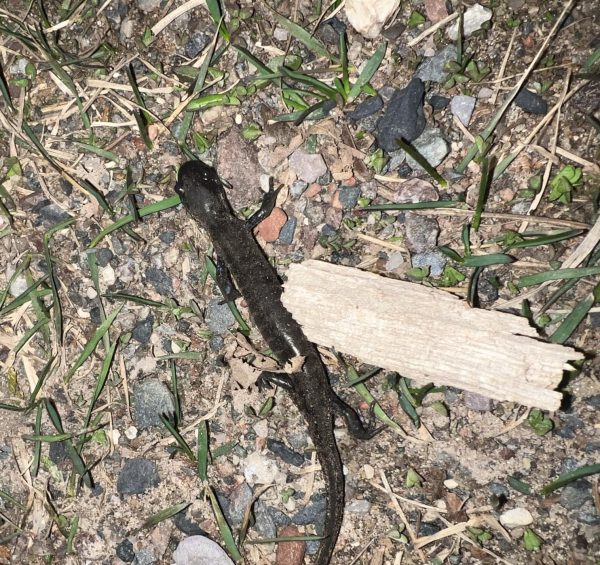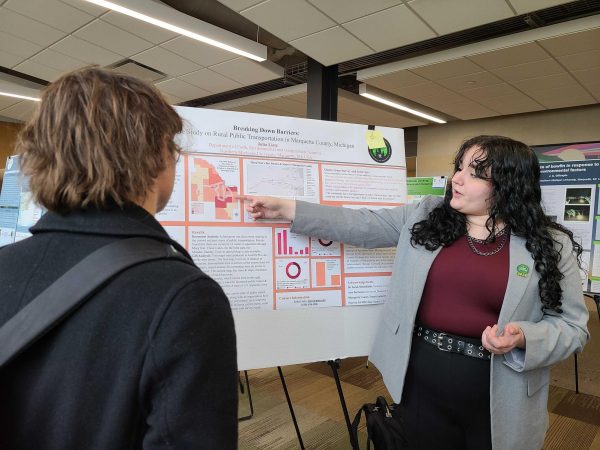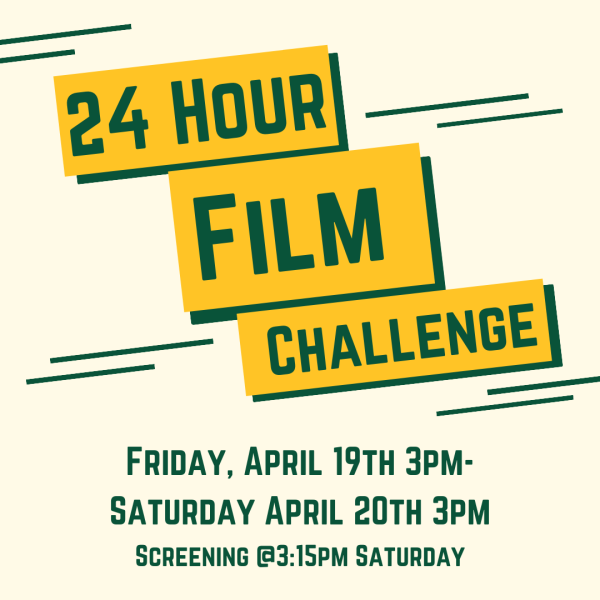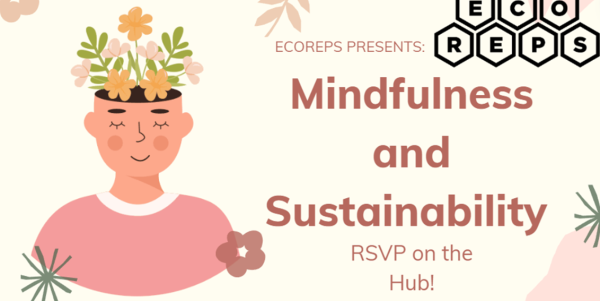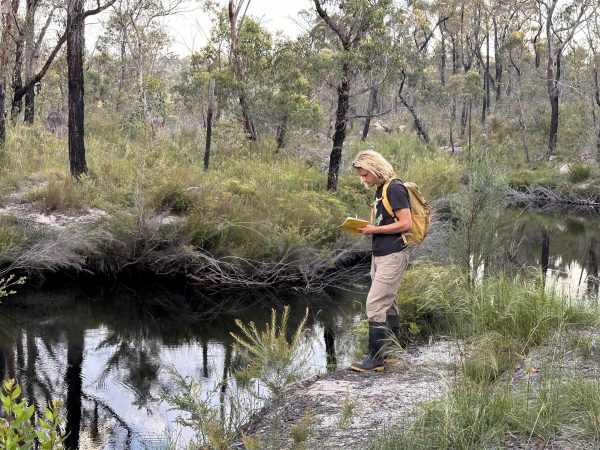Getting COVID impacts on mental health
February 17, 2022
It is well known that the COVID-19 pandemic has created changes in everyone’s mental health. Loss of family members and friends, altered social situations and increased uncertainty has led to higher levels of anxiety and depression in many people.
However, what is not as commonly discussed, however, is the mental health repercussions that can occur after contracting COVID-19.
After the Omicron variant began to spread widely throughout the global population, infection numbers have drastically increased. It seems impossible to not test positive for COVID-19 at some point, even with vaccinations and booster shots.
This widespread and highly virulent virus is easy to catch but after over two years of trying to ‘hide’ from COVID-19 behind masks and social distancing measures, it is easy to associate testing positive for COVID-19 with having broken the ‘rules’ or done something wrong.
Grant Garvin, senior political science major, was fully vaccinated and had his booster shot when he first contracted COVID-19 at the beginning of the semester.
“I’ve always been very proactive about it,” Garvin said. “After I got it, I felt like if I got it then anybody can get COVID. So that was a sad, real take I had to have. I was really devastated when I looked at my test results.”
For Garvin and many others who got COVID-19 later on in the pandemic, the reality of testing positive could be hard to accept.
“I was just in denial, is the thing. I was in denial for probably a day or two that I didn’t have COVID because I didn’t want to believe I had COVID,” Garvin said. “It was very difficult for me to actually go and get a test, but there came a point where I just had brain fog and I definitely had a fever but I was denying the fact that I had a fever.”
This difficult reality can be linked to the guilt of potential infecting other people and aiding in the spread of the virus.
“When I got COVID I felt really shitty,” Garvin said. “I was like, ‘God knows who I exposed’ and it just really took a toll on me.”
Having to quarantine and stay in one place for a week was a huge contrast to Garvin’s normally busy life. The abrupt change in pace gave him a wake up call he was not expecting.
“When I had COVID, I finally could slow down and just think and I just reflected on these things I should be doing differently in my life,” Garvin said. “I didn’t realize that I’m just a very busy person … and just because American life is so unsustainable, that it takes us to get ill and not be able to do anything for a few days to just reflect on our life for a few minutes … I feel like getting COVID for me was a huge weird wake up call.”
While this reflection helped Garvin prioritize certain aspects of his life, the experience of having COVID while being a college student was a stressful one. This was mainly due to trying to balance school work and communication with professors while recovering from a respiratory illness that is known to cause brain fog.
Grace Shaffer, junior forensic biochemistry major, had a similar stressful experience with COVID during the first few weeks of the semester.
“Having COVID definitely was not the best for my education. I ended up dropping one class because I would have been significantly behind with labs and class work,” Shaffer said. “Another one of my classes I thought I would be fine in would not email me back, so during the time I had COVID, I missed a quiz and an exam.”
These stressors such as academic challenges, forced isolation and potential guilt from contracting COVID on top of dealing with the actual sickness can impact student mental health differently than simply interacting with the pandemic while moderately healthy.
“While having COVID, my mental health definitely took a turn. It was hard to be alone constantly and then deal with the stress of staying on top of school while having a lack of communication from some of my professors,” Shaffer said. “After recovering and getting semi back on track with school work my mental health is going back to normal thankfully.”





















